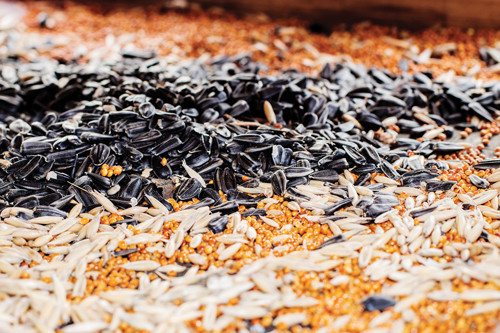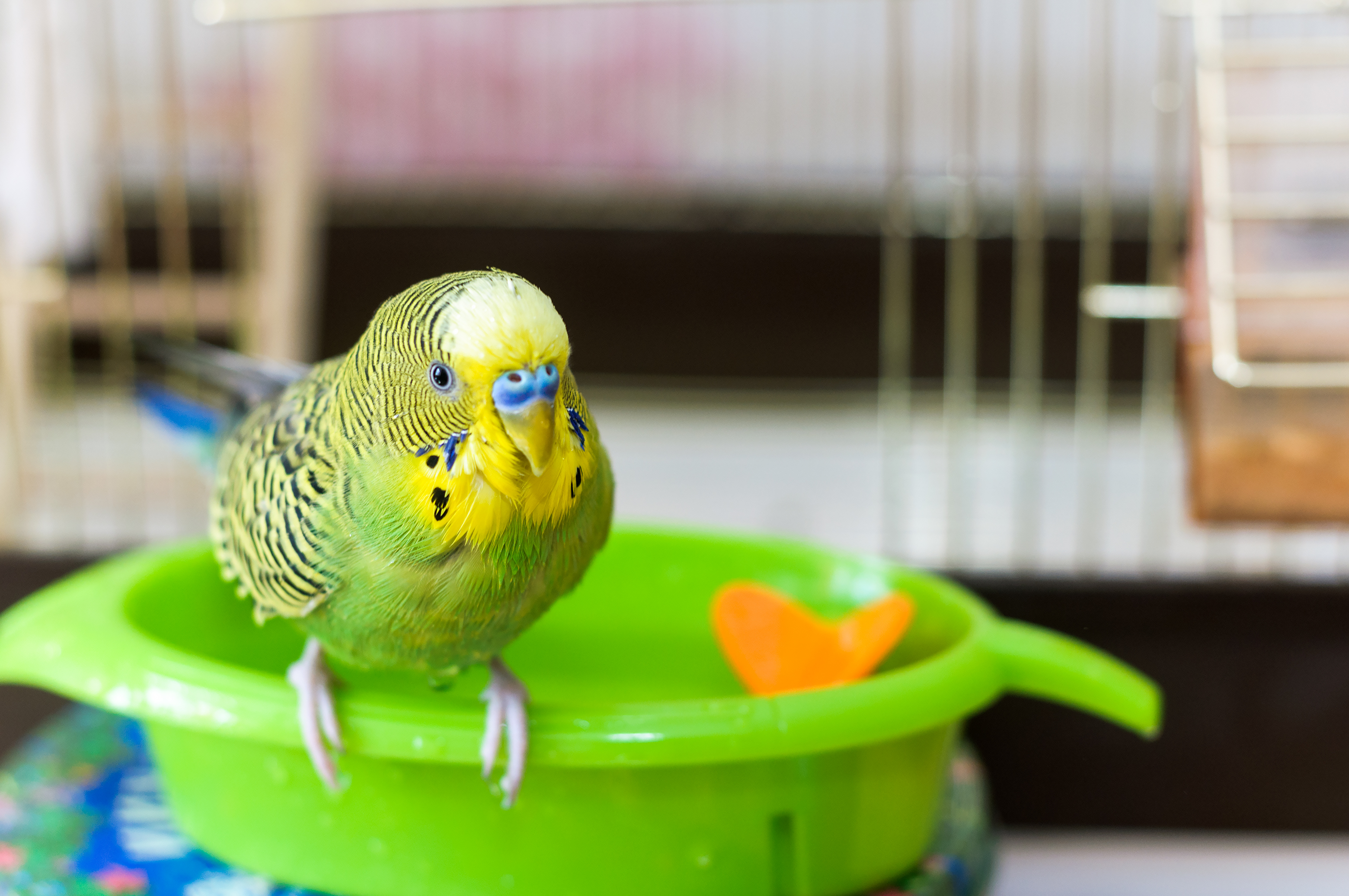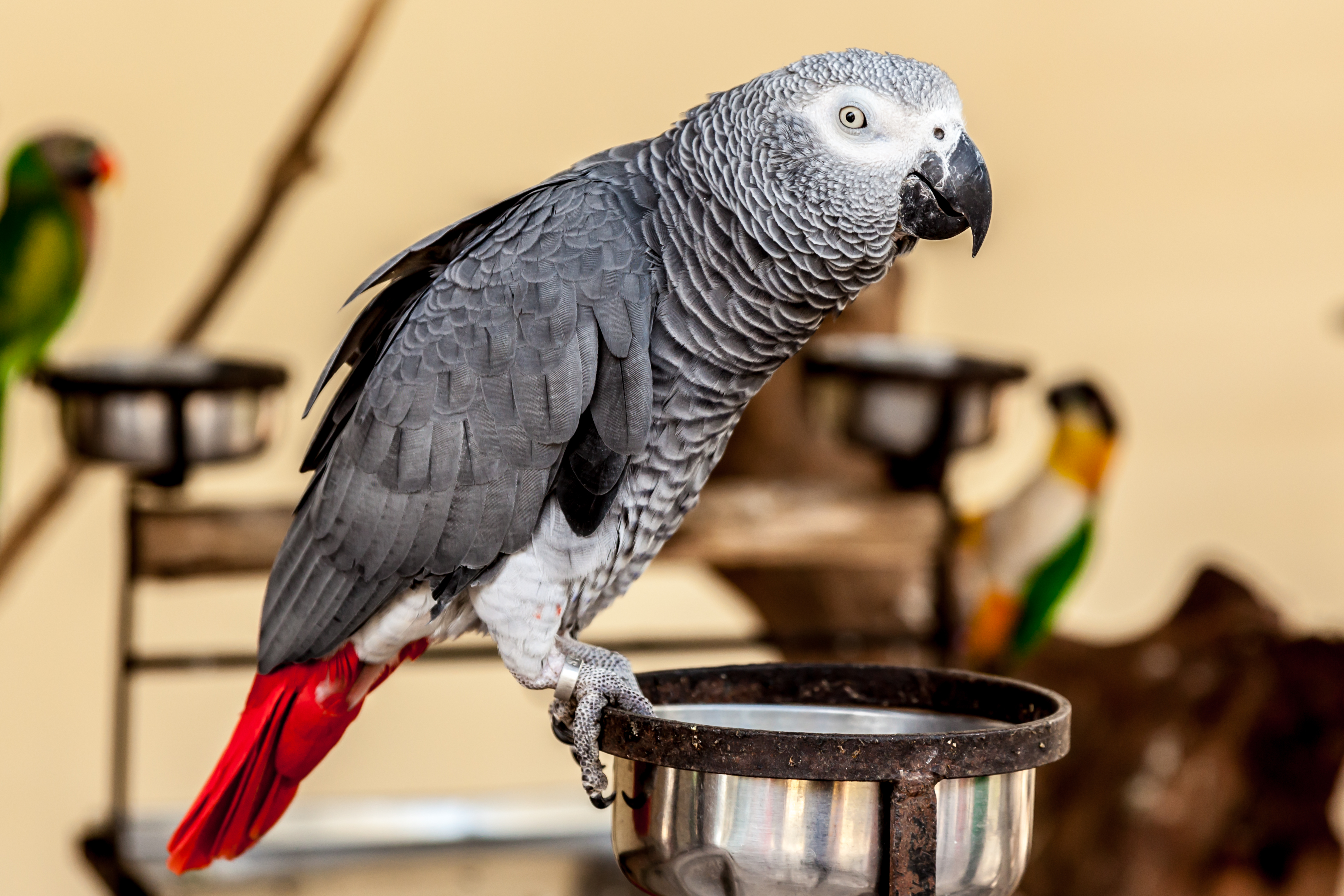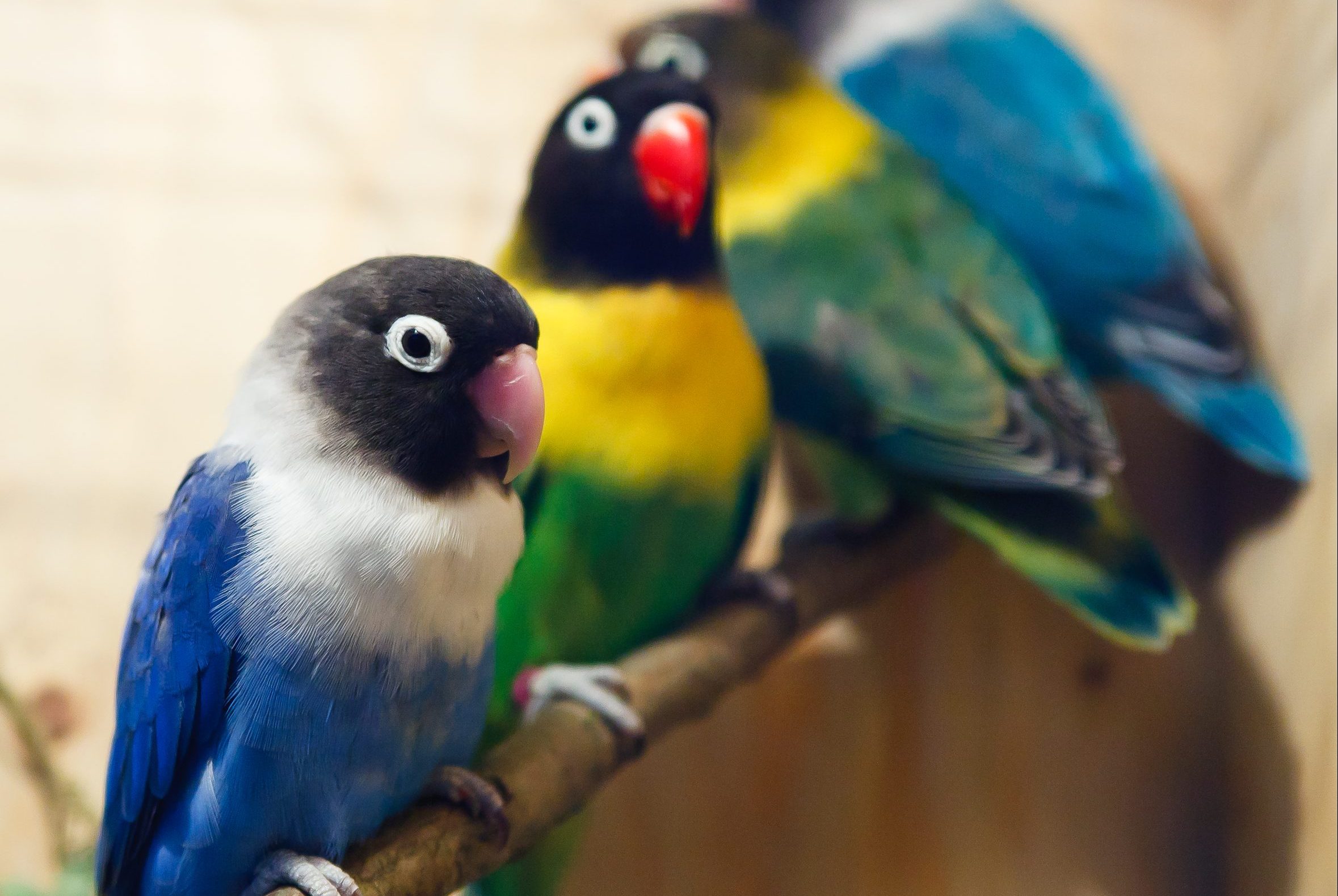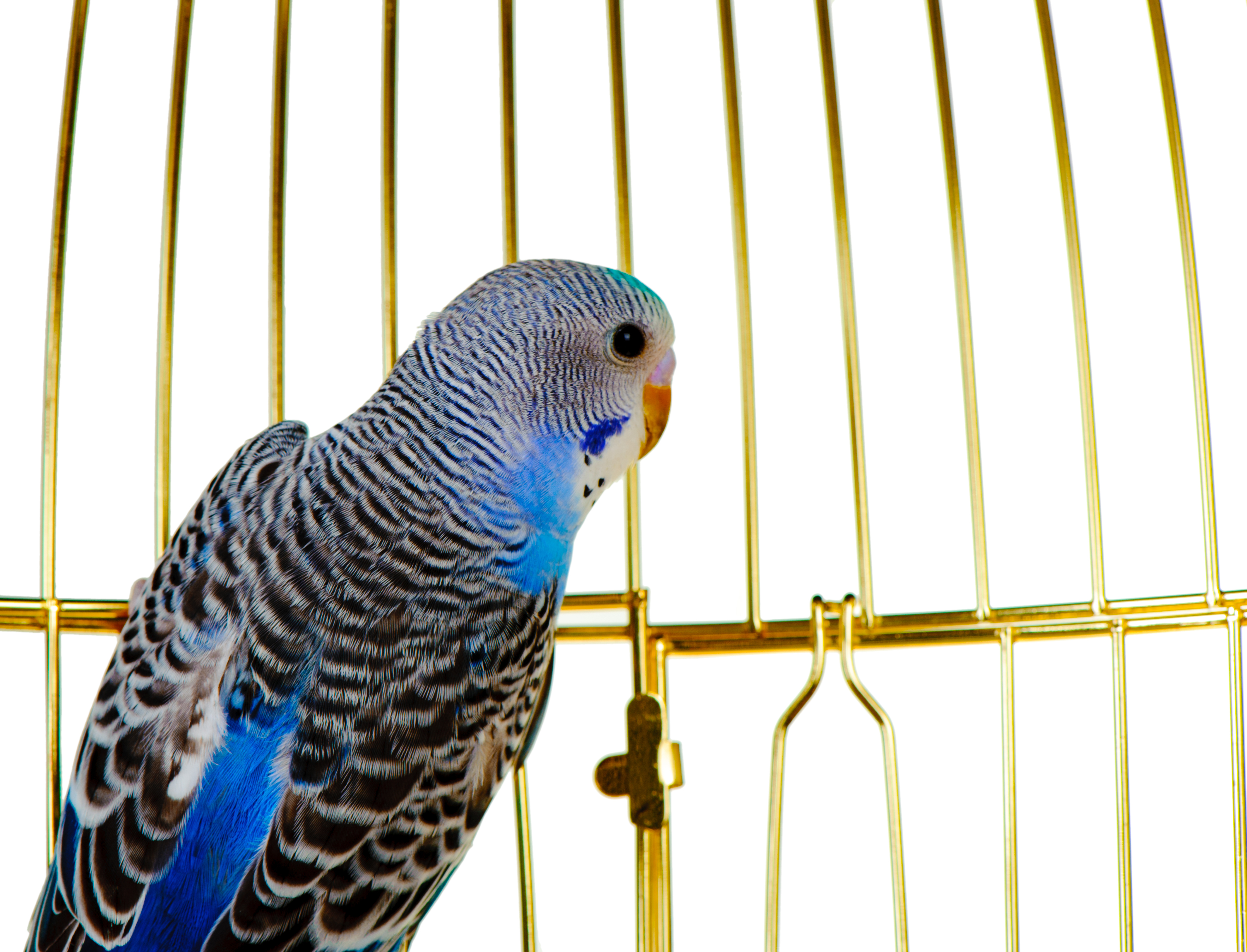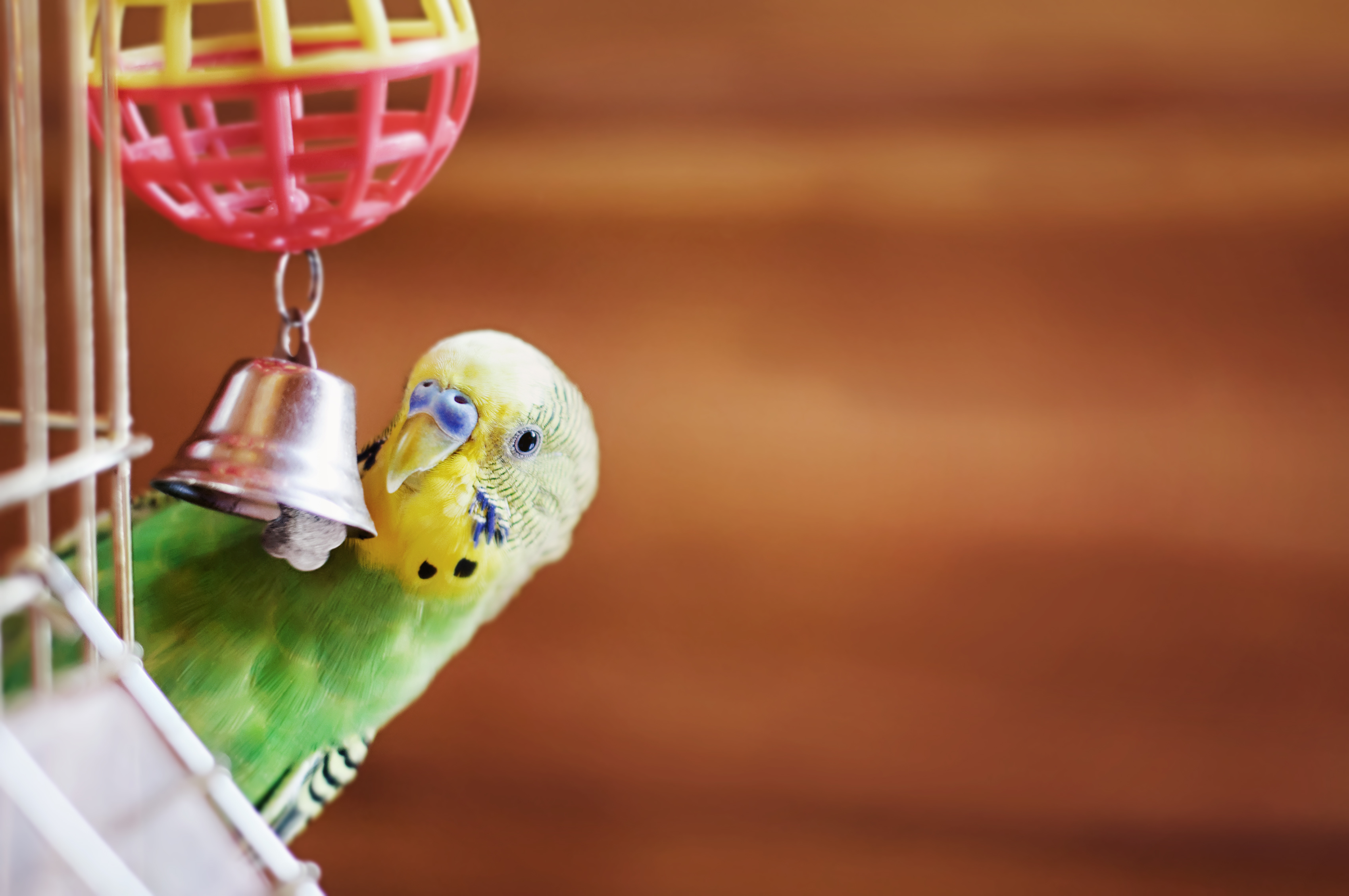Seed Creed
Erik J. Martin //April 30, 2015//
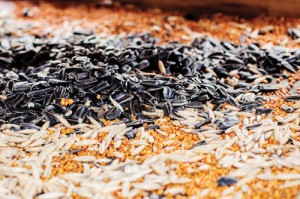 Just as man cannot live on bread alone, pet stores cannot thrive solely on the same old seed. To turn bird lovers into repeat shoppers—and extend the lifespans of their pets in the process—retailers need to diversify their avian diet offerings and cater to increased demand for better-for-your-bird edibles, say the experts.
Just as man cannot live on bread alone, pet stores cannot thrive solely on the same old seed. To turn bird lovers into repeat shoppers—and extend the lifespans of their pets in the process—retailers need to diversify their avian diet offerings and cater to increased demand for better-for-your-bird edibles, say the experts.
Indeed, the drive to improve human health and nutrition, as evidenced by the popularity of organic and whole foods in recent years, seems to have influenced what bird owners prefer to purchase for their pets nowadays. And that tends to be more healthful and nutritional pellets, seed mixes and treats.
Beak-Approved Products
“Seed-based diets have become increasingly diverse and almost always include fruits, vegetables and extrusions today,” said Tim Norsen, national sales manager for Vitakraft Sunseed, Inc. “Consumers are responding to and increasingly moving toward more advanced nutrition and high-forage style diets and blends. While the low-end market is still considerable, the efforts and innovations have been in the high-end mixes and treats.”
Mary Wyld, owner of Wyld’s Wingdom, a pet bird supplies distributor, concurred.
“We’re seeing manufacturers beefing up the ingredients in their seed mixes to offer a more appealing medley of fruits and veggies in the mix,” said Wyld, citing products by Kaylor of Colorado, which uses ingredients from local farmers in its bird foods, as well as Goldenfeast, which contains no artificial additives or preservatives in its formulas.
Manic for Organic
Wyld said she’s also observed increased interest in food products labeled as “organic.”
“However, there aren’t that many truly organic brands out there because the government makes these manufacturers jump through a lot of hoops to earn an organic certification,” she said.
Among the notable organic brands today are Harrison’s Bird Foods (and its Wild Wings line), Dr. Harvey’s (which offers a Home Cookin’ bird meal that includes six organic grains) and Totally Organics (soon to become TOP’s Parrot Food, which makes All-in-One Soak and Dry and Napoleon’s organic seed mixes, along with Teroso Treat, a cracker-like organic snack).
Aside from organic, Norsen noted that bird foods in 2015 are trending more toward all-natural and hybrid mixes with a significant percentage of extrusions. These mixes bridge the gap between seed and pellet diets and provide the consumer with an easy-to-understand approach to nutrition.
To cater to this demand, Vitakraft has introduced its new SunSations product line, with mixes containing a high percentage of fruits, vegetables and all-natural pellets while still being attractive, highly nutritious and affordable.
Targeting Breeds and Treats
Additionally, more species-specific foods are abundant in the market today. For example, Volkman’s Avian Science Super line rolled out separate diets for African grey and eclectus parrots, each in a 4-pound package.
Wyld said avian snacks and treats appear to be all the rage, too, as demonstrated by a recent influx in nibble-worthy delicacies like ZuPreem’s new Smart Snacks bird biscuit treats, available in original, blossom or tropical flavors, and SunSation’s Nutty Tidbits and Veggie Tidbits, both for parrots and conures.
Lafeber’s Nutri-Berries are still going strong 25 years after being introduced, with El Paso, Garden Veggie, Sunny Orchard and Tropical Fruit among the newest entries in the product line.
Standing Out From the Flock
Retailers have had to make some difficult decisions on what products to carry, and, in general, fewer bird food brands and products are being sold in stores than ever before, said Norsen.
“The biggest mistake retailers make is reducing the bird department so much that it isn’t relevant anymore to their consumers. We see more and more bird consumers being driven online or to specialty shops because of lack of availability on a local level,” said Norsen.
“But because of the high degree of crossover between pet categories, when they lose these consumers they often lose sales in other departments as well.”
Pet retailers can help prevent that from happening by beefing up their bird supply stock, particularly when it comes to feeds and mixes, and offering greater variety.
That’s what Jean Jordan did. Jordan, the owner of Adventures in Birds, a stand-alone pet store, stocks plenty of bulk bird foods stored in 90 different bins and also available pre-bagged. She says offering such a wide variety of formulas, flavors and brands is what sets her apart from the big chain stores and keeps her clientele coming back for more.
“We let our customers take a small sample home for free so their birds can try it, which has been a rewarding marketing practice. Many consumers are on a budget and don’t like to be forced to buy a 3- or 5-pound bag of feed,” Jordan says. “We manage to stay afloat by listening carefully to customer’s needs when it comes to bird foods and by specializing in products that the big guys don’t carry.”
